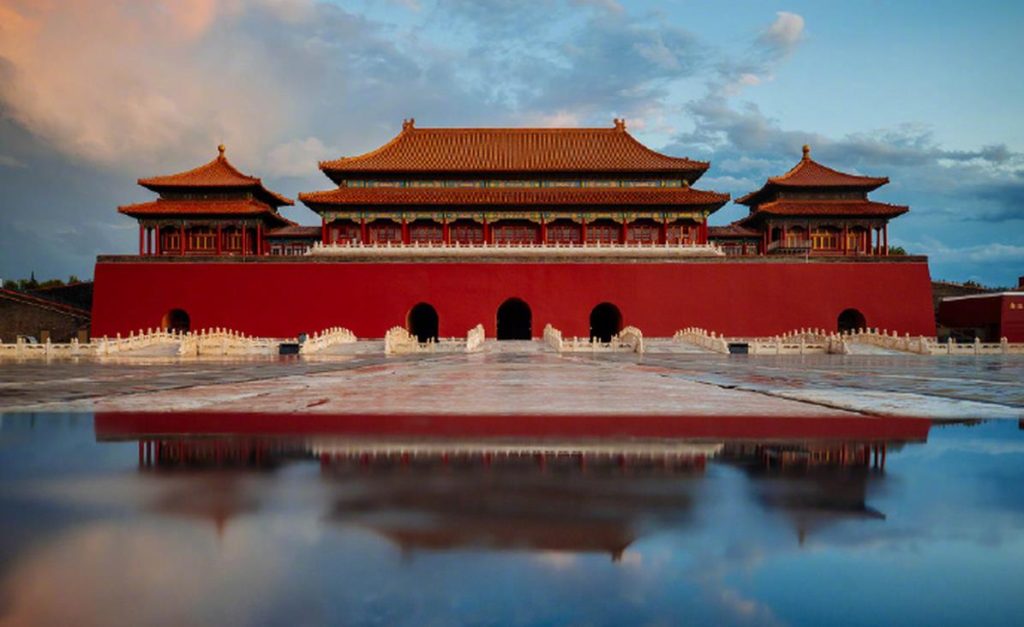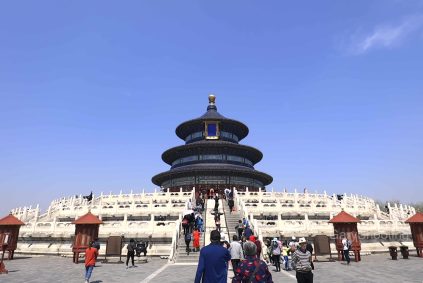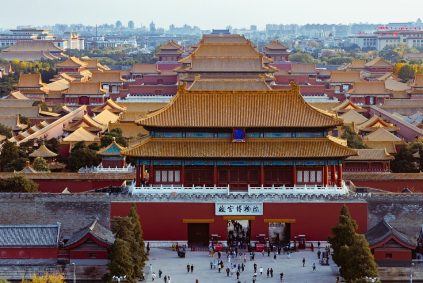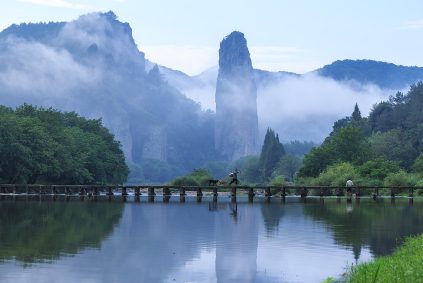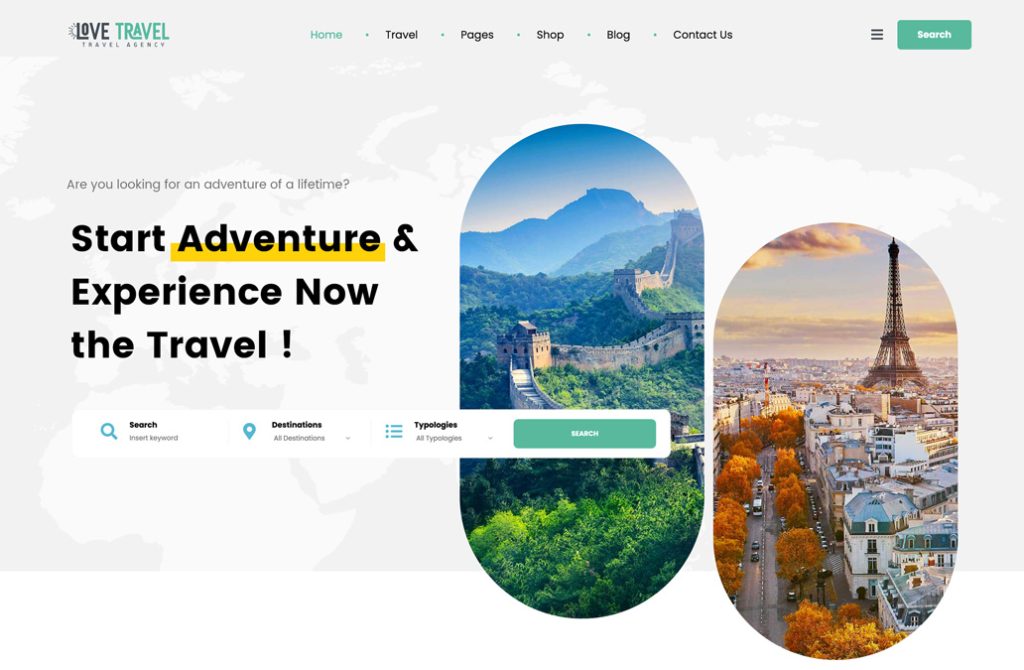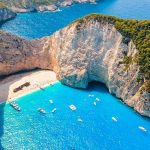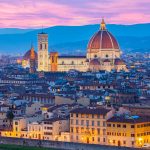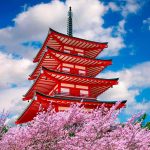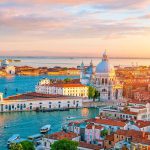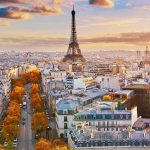Practicing civilized behavior in tourist attractions in Beijing is not only a respect for historical culture, but also an important way to enhance one’s own travel experience and maintain the city’s image. The following suggestions are put forward from four dimensions: abiding by rules, protecting the environment, respecting culture, and being kind to others, in combination with specific scenarios:
أولاً, abide by the rules and maintain order
Ticket purchasing and queuing
Book tickets in advance through official channels to avoid ticket scalping by scalpers.
At the entrance of the scenic area, cable cars, shuttle buses and other places, please queue up voluntarily. Do not cut in line or crowd.
Case: Popular scenic spots such as the Forbidden City and the Great Wall have implemented visitor flow control. Adhering to the reservation rules can reduce invalid waiting.
Tour routes and signs
Follow the designated route for sightseeing. Do not climb over guardrails or enter unopened areas (such as the wild sections of the Great Wall).
Pay attention to the safety tips in the scenic area, such as signs like “No Climbing” و “No Touching”.
Data: في 2023, there was an incident where a tourist was injured while climbing an unopened area at the Mutianyu Great Wall. Civilized visiting can prevent such risks.
Time management
Before the scenic area closes, arrange your visiting time reasonably to avoid being stranded and affecting the clearance work.
Case: Even after the Summer Palace closed, there were still tourists lingering to take photos, which could easily cause safety hazards.
ثانية, protect the environment and reduce pollution
Garbage classification and treatment
Carry garbage bags with you and throw the garbage into the designated classified trash bins (such as recyclable and other waste).
Do not spit anywhere or litter cigarette butts, especially in ancient architectural areas such as the Forbidden City and the Temple of Heaven.
Data: A huge amount of garbage is produced in scenic spots in Beijing every day. Sorting and disposing of garbage by tourists can relieve the pressure on sanitation.
Save resources
When having meals in the restaurants within the scenic area, order food in moderation and practice the “Clean Plate Campaign”.
Public restrooms save water and do not occupy facilities for a long time.
Case: Some toilets on the Great Wall are short of water due to tourists’ waste. Civilized water use can ensure the fairness of resources.
الحماية البيئية
Do not pick plants and do not feed wild animals (such as wild ducks in the Summer Palace).
Analogy: It takes decades for the vegetation of the Mutianyu Great Wall to recover, and the footprints of tourists may permanently damage the ecology.
ثالث, respect culture and carry forward history
Historic site protection
Do not carve words on ancient buildings or stone tablets to leave one’s name (the Forbidden City once found tourists carving “I have been here”).
Do not touch the cultural relics and exhibits. Use the interpretation equipment provided by the scenic area to learn about history.
Case: The floor tiles at the ruins of the Old Summer Palace became loose due to tourists’ trampling. Civilized visits can extend the lifespan of cultural relics.
Cultural customs
When visiting temples and Taoist abbeys, keep quiet, do not make noise and do not take pictures of Buddha statues (على سبيل المثال, photography is prohibited in some areas of the Lama Temple).
Analogy: The acoustic effect of the echo wall of the Temple of Heaven is weakened due to tourists’ tapping. Respecting customs can protect cultural values.
Language and Dress
Use polite language in public places, do not quarrel or abuse others.
رابع, be kind to others and show grace
Mutual assistance and courtesy
Take the initiative to make way for the elderly and children, and assist tourists in need (such as at steep slopes of the Great Wall).
عند التقاط الصور, avoid occupying the best camera position for a long time and give way to others first.
Case: The central axis of the Forbidden City is crowded with tourists. Giving way can reduce congestion.
Respect the service staff
Be polite to the staff and volunteers in the scenic area and do not make unreasonable demands.
Data: Staff members in Beijing’s scenic spots serve over a thousand tourists on average each day. Civilized interaction can enhance service efficiency.
International image
When there are many foreign tourists, take the initiative to communicate in English or with gestures to show a friendly image of Chinese tourists.
Analogy: Foreign tourists on the Great Wall often seek help when they get lost. Offering active assistance can convey cultural kindness.
الخامس, civilized reminders for special scenarios
Peak period tour
خلال العطلات, scenic spots such as the Great Wall and the Forbidden City are crowded with people. Please be patient and do not push or crowd.
Suggestion: Choose non-weekend or off-season travel to enhance the experience.
Night tour
At night scenic spots such as the Bird’s Nest and the Water Cube, strong flashlights should not be used to shine on buildings or people.
Case: Strong light may interfere with other tourists taking photos or affect the building’s lighting system.
Parent-child tour
Parents need to keep a close eye on their children to prevent them from climbing dangerous areas or damaging public facilities.
Suggestion: Cultivate children’s awareness of civilization by explaining historical stories.
خاتمة
As a thousand-year-old ancient capital, Beijing’s scenic spots carry the historical memories of Chinese civilization. The civilized behavior of tourists is not only a sign of respect for the city, but also a reflection of their own qualities. From abiding by the rules to protecting the environment, from respecting culture to being friendly to others, every detail can make the trip to Beijing more wonderful and also allow the world to see the charm of Chinese tourists.
Civilized sightseeing begins with every step. Inheriting culture lies in persistence.

